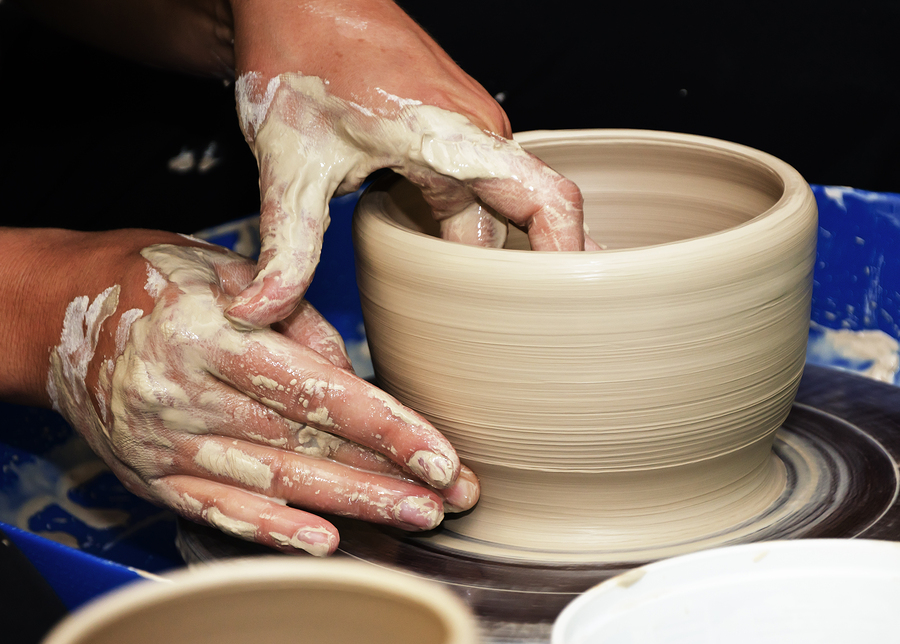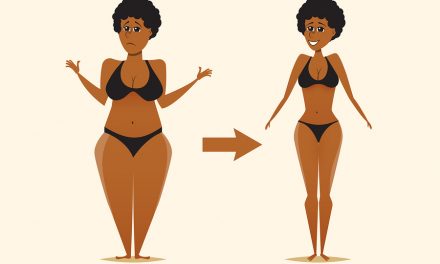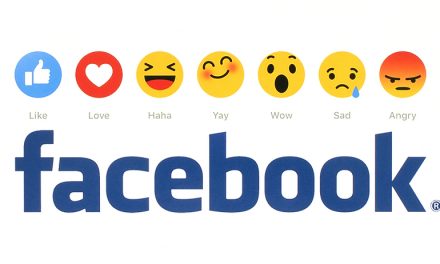Using our hands may actually be key to maintaining a healthy mood, and the lack of this type of activity may contribute to feelings of irritability, apathy, and depression.
When we use our hands on a task that doesn’t demand much cognitively, it gives the mind a chance to relax and rest. Knowledge workers constantly use their brain and it rarely catches a break.
There is a huge sense of relief and pleasure from doing something with our hands that doesn’t require us to think much about anything. It’s magnificent. When the brain is “offline,” it gives it a chance to work on problems behind the scenes.
RELATED STORY:
Dr. Herbert Benson, wrote about this phenomenon (and strategy) in his book, The Breakout Principle . When we engage in a repetitive task, completely taking our minds off whatever problem or issue we have been struggling with, the solution will often magically appear.
Working productively with our hands is profoundly pleasurable. There is something primal about this. We are made to be active, and have actively used our hands as part of our daily survival for thousands of years. With the advent of so much technology, many of us move through our days with minimal physical effort. We push a button instead of scrubbing dishes or laundry. Overall, we get far less physical activity than would be optimal for our bodies and minds.
Kelly Lambert wrote about this in her book, Lifting Depression: A Neuroscientist’s Hands-On Approach to Activating Your Brain’s Healing Power:
“What revs up the crucial effort-driven rewards circuit–the fuel, if you will–is generated by doing certain types of physical activities, especially ones that involve your hands. It’s important that these actions produce a result you can see, feel, and touch, such as knitting a sweater or tending a garden. Such actions and their associated thoughts, plans and ultimate results change the physiology and chemical makeup of the effort-driven rewards circuit, activating it in an energized way. I call the emotional sense of well-being that results effort-driven rewards.”
RELATED STORY:
She also links a lack of hands-on physical activity to the onset of depression, perhaps contributing to the unusually high rates of mood disorders that we see in today’s world:
“Effort-driven rewards and other real-world interactive experiences generate much more intense and pervasive reactions in your brain than the neurochemical alterations produced by a single pill. The result? You begin to feel more control over your environment and more connected to the world around you. This reduces stress and anxiety and, most important, builds resilience against the onset of depression.”
Wonderful, isn’t it?
What do you normally do when you’re feeling stuck or stressed? For a lot of us, we default to eating comfort food, watching Netflix, scrolling through social media feeds, and so on. These things may be relaxing, sure, but we may often feel regret afterward without much brain relief.
RELATED STORY:
What works for you? It could be anything from painting, to washing dishes, to fiddling with a motor.
The next time you are feeling stressed or stuck, try doing something with your hands. It may be exactly what your brain and body need.
Article originally appeared at Prevent Disease. Reprinted with permission.












